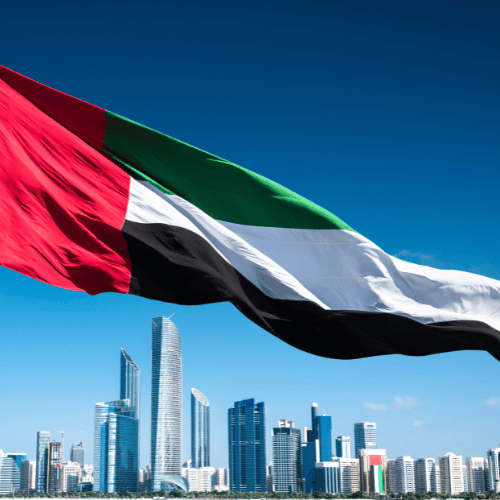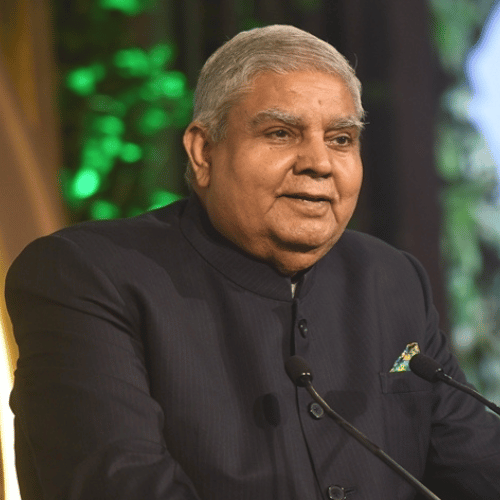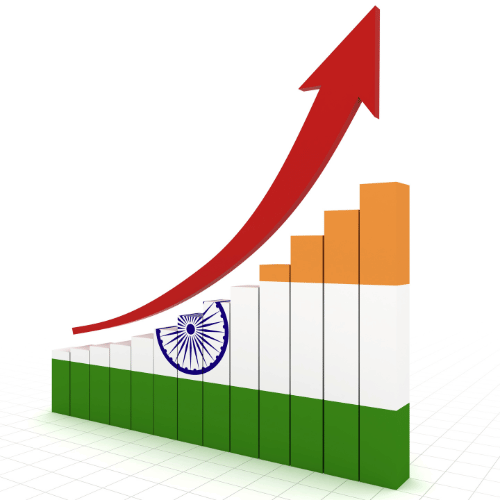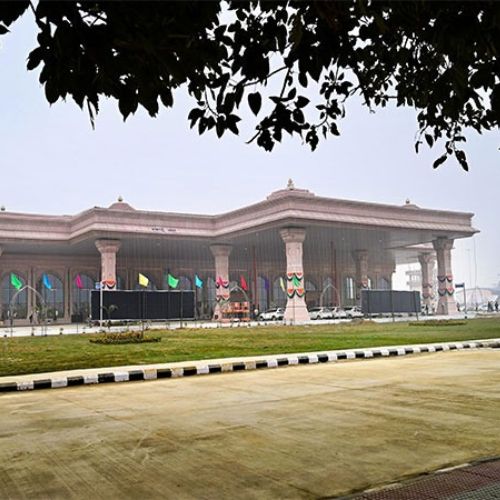China’s economy is going through a difficult time. Its growth has slowed down and inflation is very low. The property market, which is very important for China, is also weak.
Many people are worried about the situation. China’s top leaders will have an important meeting next month. At this meeting, called the National People’s Congress, they will discuss the economy and make plans for the year.
There is a lot of pressure on China’s leaders to take firm actions to improve the economy. If they do not act strongly, the problems could get worse. The economy could slow down more and people may lose confidence. Businesses may stop investing and consumers may spend less. This can create a downwards spiral.
The last time China faced such pressure was in 2015. Then, it took strong steps like allowing the currency to weaken, controlling capital flows, spending heavily on infrastructure and cutting interest rates. These measures helped pull the economy out of trouble.
But this time, China does not have many options to stimulate growth through traditional means. Some of the past policies cannot be repeated easily now. For example, heavy spending on infrastructure may not work well because local governments already have high debt from such spending in the past. Interest rates also cannot be cut much more.
Further easing of monetary policy could risk capital flight from China. This is because interest rates abroad have risen while rates in China remain very low. It may also worsen deflationary pressures as more cheap loans flow into industries with excess capacity already.
Controlling the falling property sector is also a challenge. Real estate makes up a big part of the Chinese economy. But developers are struggling with high debts after years of reckless expansion. Just propping up construction will not fix the deep problems.
Markets and investors want China’s leaders to announce clear long-term plans to resolve structural issues. These include cleaning up the property sector’s debts, restructuring local government finances, and moving the economy towards relying more on household spending than investment and exports.
However, no major economic reforms or stimulus programs have been signaled yet for the upcoming meeting. The leaders may just stick to the usual practice of setting an economic growth target, expected to be around 5% again. But without new policies, this may not boost confidence.
It is a very difficult situation for China. Strong steps are needed but options are limited. Observers say 2024 is a crucial year for China to stabilize its economy. The pressure will be high on its leaders to deliver bold policy moves at the National People’s Congress. This is to ensure sustainable growth in the future and maintain stability in the world’s second largest economy.















